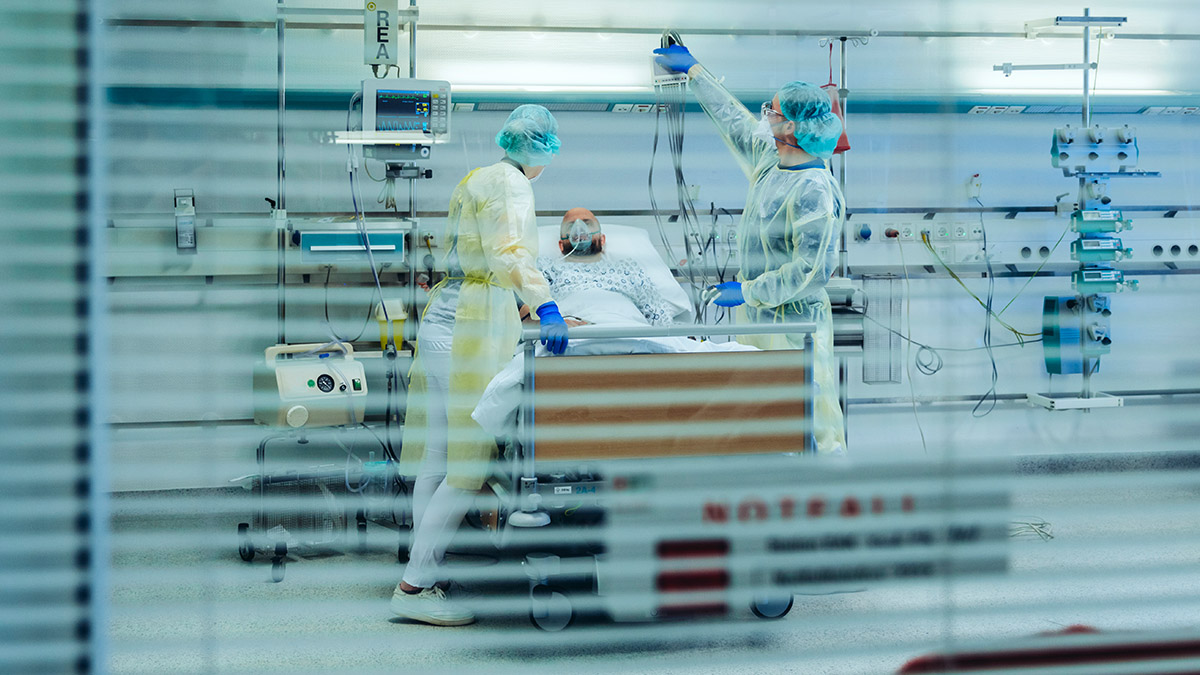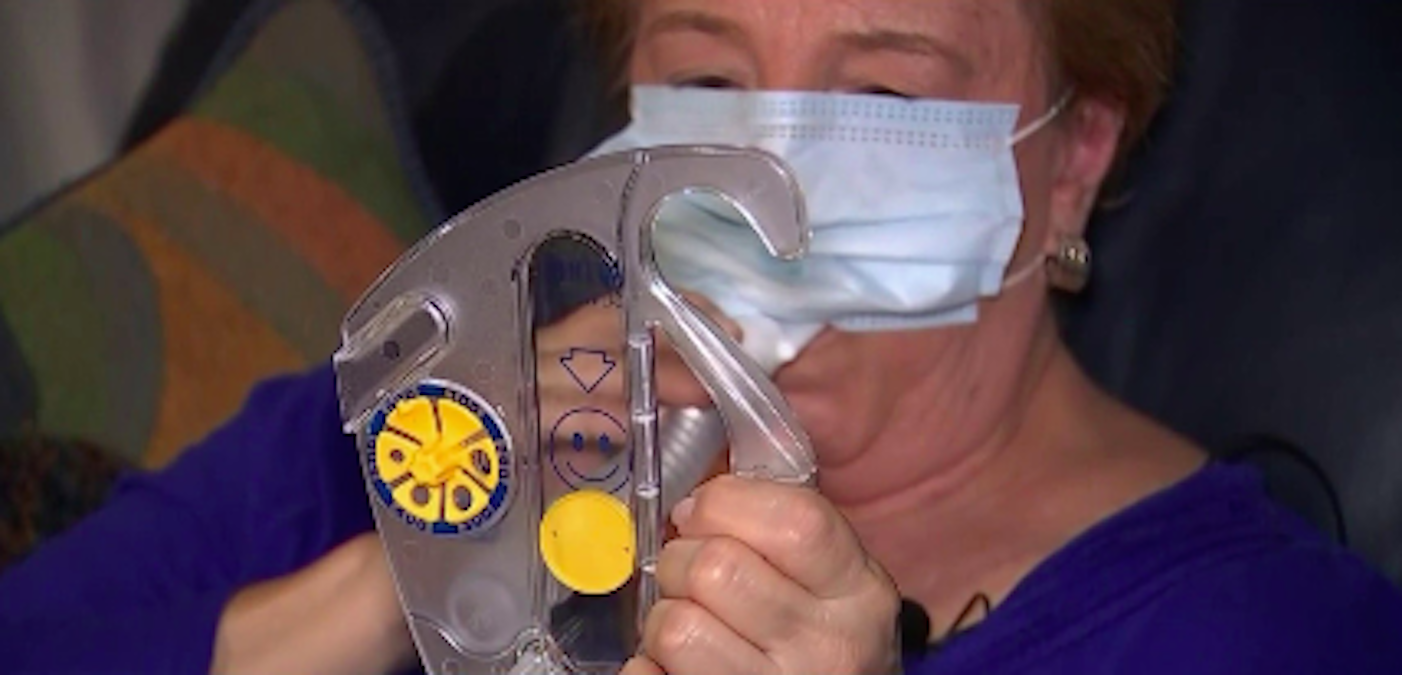Angela Silnik has come along way since March. That’s when she was first diagnosed with the coronavirus. Within about a week, things took a serious turn.
“I couldn’t breathe. I was gasping my last breath,” Silnik said. “I told them, please call 911. I can’t breathe anymore.”
Silnik was on a ventilator at Cleveland Clinic’s ICU in Weston for 17 days. She was in and out of consciousness. Her son even made funeral arrangements fearing she wouldn’t make it.
“For some reason, the end of that day, I guess God said that’s a better plan I’m keeping you. I just came right out of it," Silnik said.
She’s been home from the hospital for weeks now, and no longer has the infection.
Her lungs are much stronger, but a full recovery is far from over. She had to regain much of her physical strength.
“The effects after, nobody tells you about until you have it," Silnik said.
Dr. Samuel Gurevich is a pulmonary and critical care physician at Cleveland Clinic Weston. He told us just because the infection is gone, doesn’t mean the recovery is over.
“There are patients that have life-long effects, including scarring of the lungs,” said Gurevich.
He told us patients who had severe COVID-19 infection could be left with fibrosis or scarring of the lungs. He said it could be caused by the inflammation from infection itself but also from being on a ventilator for weeks at a time.
“Patients can have permanent changes in their lungs, including problems with their breathing even having to be on supplemental oxygen or worse," he said.
That’s why he says the coronavirus death rate that we’re seeing right now only tells part of the story.
“The health consequences and problems patients can develop with their lungs, but also for example in their heart and kidneys, can cause other events that they could pass away from months and even years down the line,” said Gurevich. “It’s very important to recognize that when we look at the impact of COVID-19, patients will continue to require a lot of support and a lot of help going forward.”



